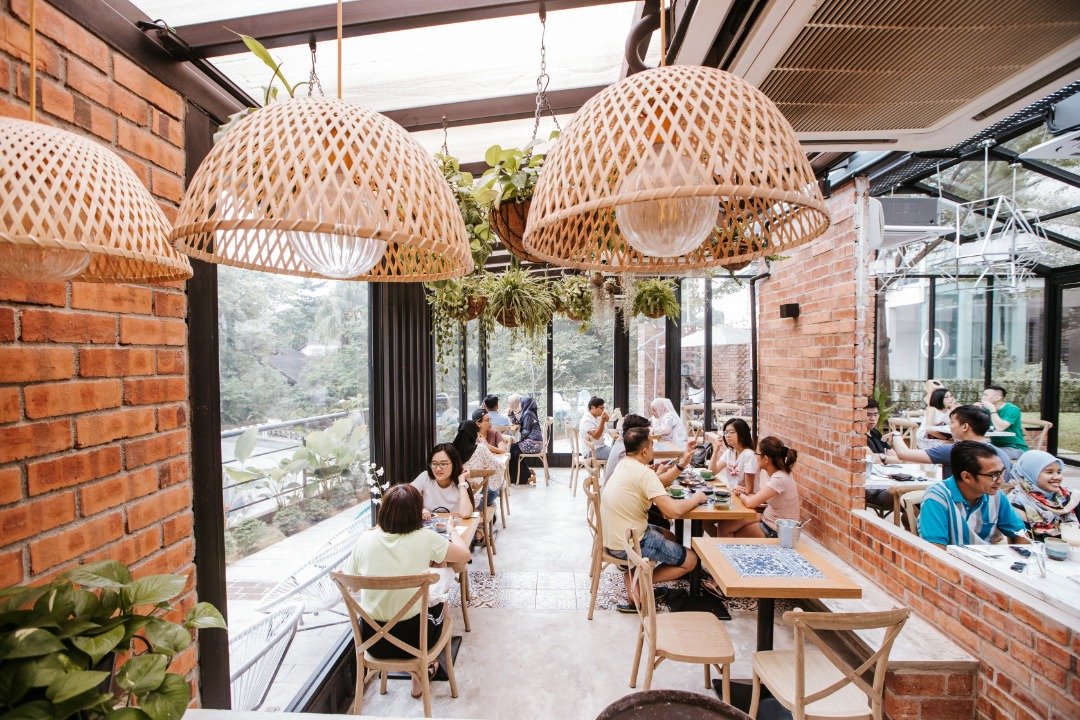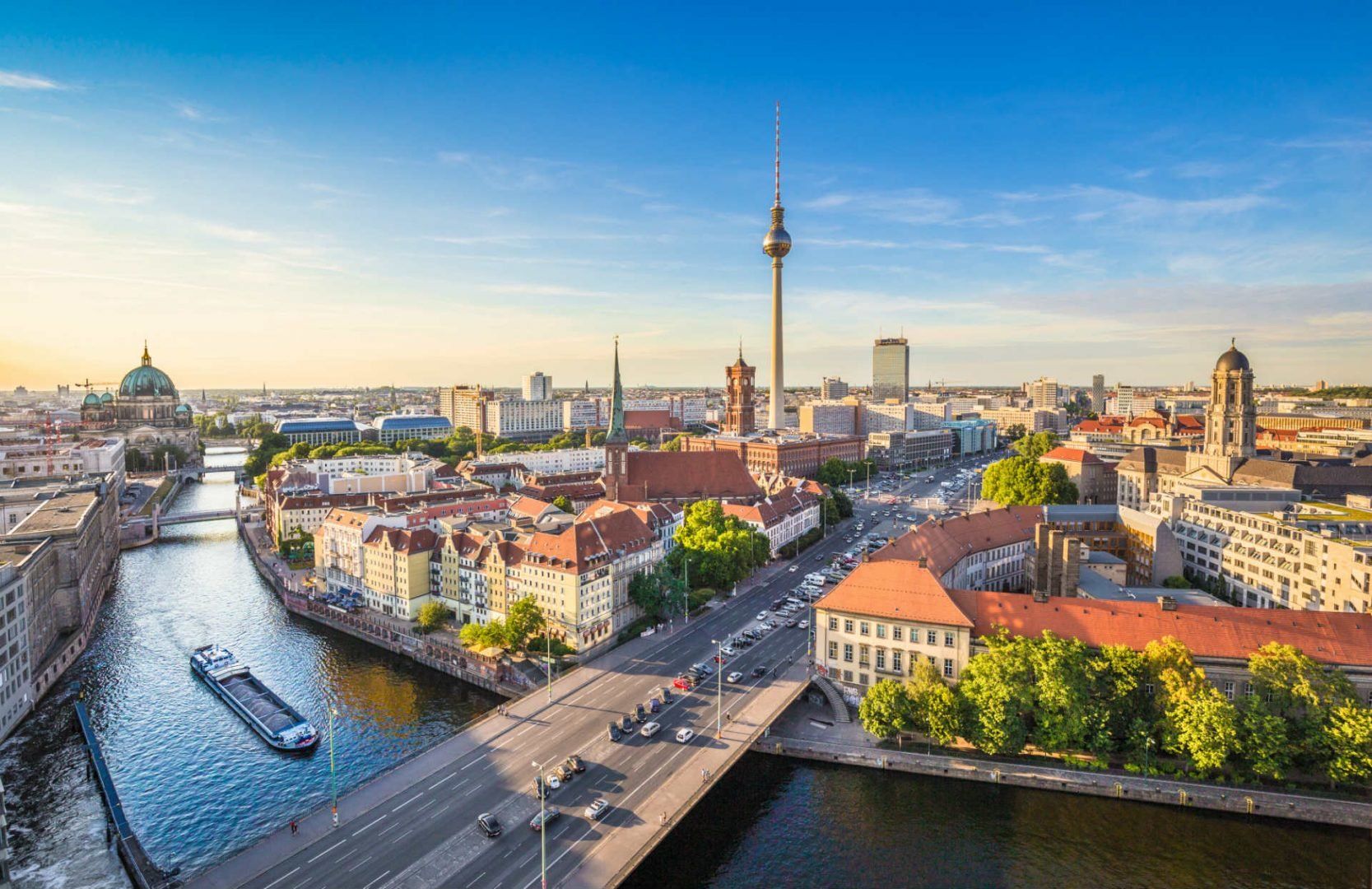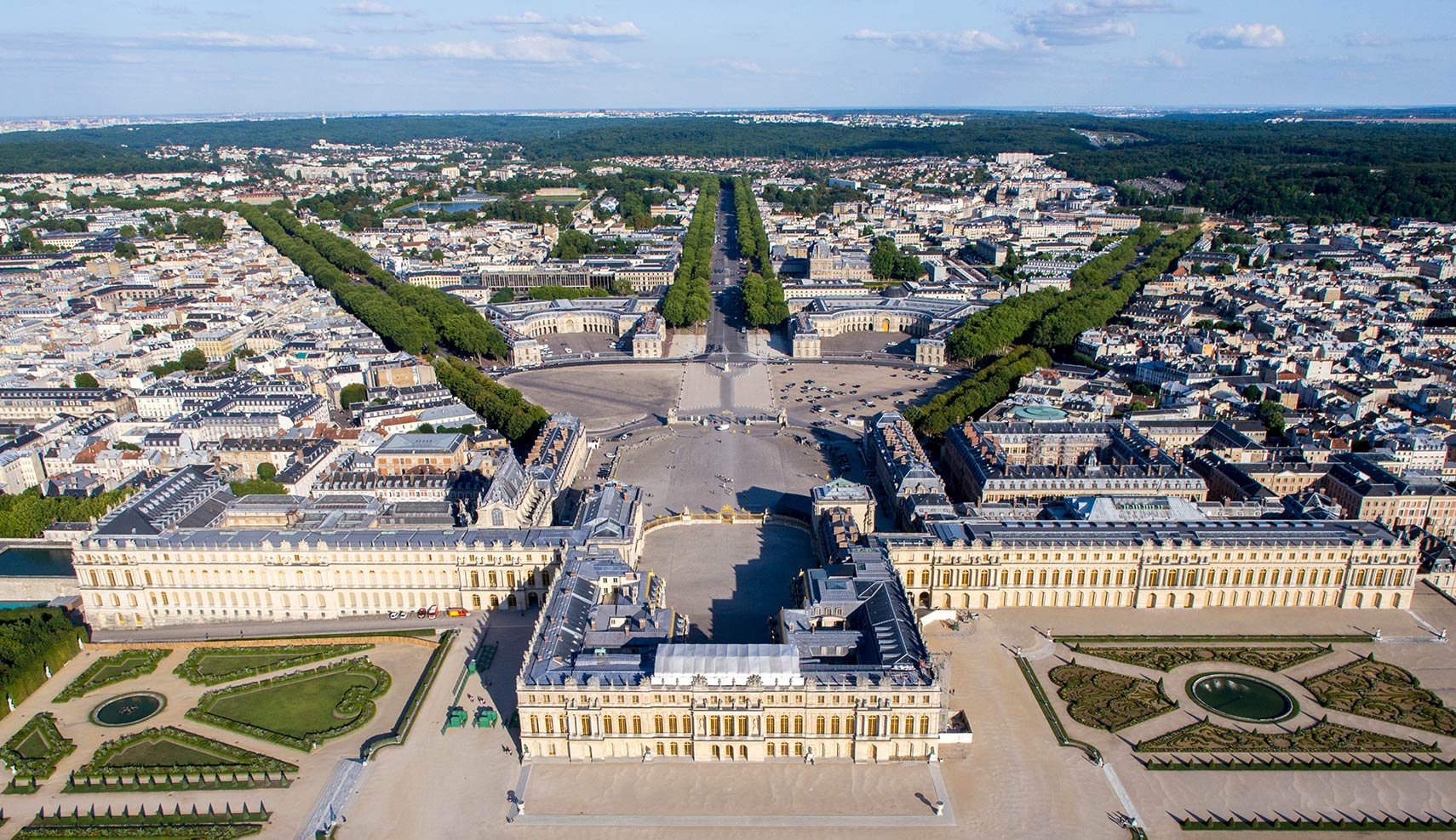In Malaysia, kopitiams (traditional coffee shops) are cultural icons where locals gather to savor robust coffee blends and indulge in a variety of tantalizing street food delights. These nostalgic establishments blend old-world charm with the aromatic allure of freshly brewed coffee, creating a vibrant culinary experience that captures the essence of Malaysian hospitality and culinary innovation.

Kopitiams are renowned for their distinctive atmosphere, characterized by marble-topped tables, wooden chairs, and ceiling fans that stir nostalgia for a bygone era. Here, patrons can choose from an array of coffee concoctions, from the rich and frothy Kopi Tarik (pulled coffee) to the smooth and creamy Kopi C (coffee with evaporated milk). Each cup is crafted with precision and skill, reflecting Malaysia's passion for coffee culture rooted in Chinese and Malaysian traditions.
Accompanying the coffee are a myriad of street food delights that showcase Malaysia's diverse culinary heritage. Hawker stalls adjacent to kopitiams offer a feast for the senses, with dishes such as Char Kway Teow (stir-fried noodles), Nasi Lemak (coconut rice with condiments), and Roti Canai (flaky flatbread) enticing locals and visitors alike. The bustling atmosphere and tantalizing aromas create an immersive experience where food becomes a cultural journey through Malaysia's multicultural influences.

Beyond the culinary delights, kopitiams serve as social hubs where friends gather for lively conversations, professionals discuss business over a cup of coffee, and travelers immerse themselves in the local way of life. Whether in the bustling streets of Kuala Lumpur, the historical lanes of George Town in Penang, or the cultural enclaves of Malacca, Malaysian kopitiams offer an authentic taste of Malaysian culture, community, and culinary craftsmanship.
Pros:
- Cultural Experience: Kopitiams provide an authentic glimpse into Malaysia's coffee culture and culinary traditions, offering a unique blend of flavors and ambiance.
- Variety of Dishes: Street food served alongside coffee includes a diverse range of Malaysian favorites, ensuring something to satisfy every palate.
- Community Atmosphere: Kopitiams foster a sense of community and social interaction, making them popular gathering spots for locals and tourists alike.
Cons:
- Hygiene Concerns: While generally clean, some street food stalls may not meet stringent hygiene standards, requiring caution when selecting vendors.
- Crowds: Popular kopitiams and hawker stalls can be crowded during peak hours, impacting the dining experience.
- Environmental Factors: Outdoor seating at kopitiams may expose diners to weather conditions like heat and rain, affecting comfort during meals.




